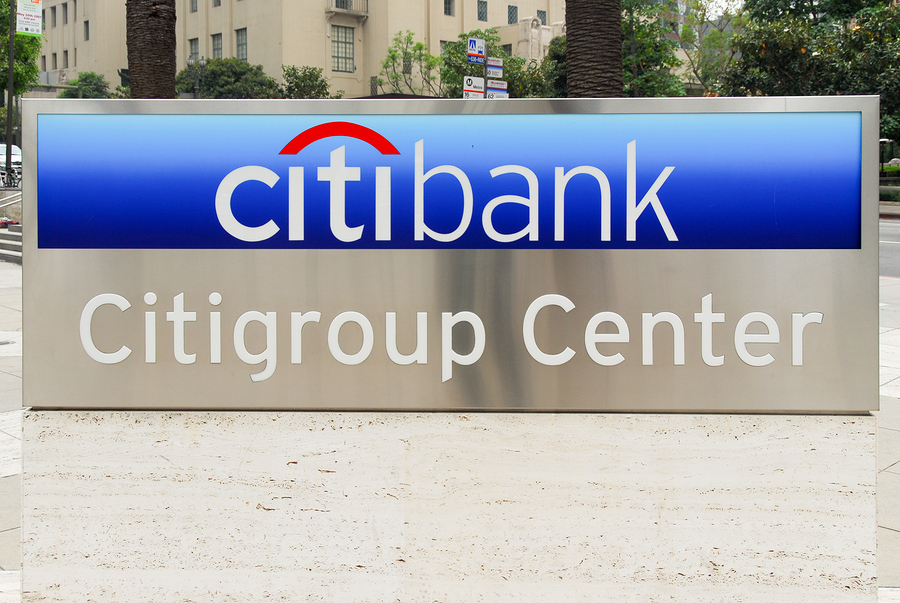 Prosper looking to replace Citi after cutting loan deal ties with the New York bank.
Prosper looking to replace Citi after cutting loan deal ties with the New York bank.
Marketplace lenders have realized incredible growth and success over the recent past as an increasing number of consumers and small businesses continued to seek alternative banking products and services following the financial chaos of 2008.
Yet over the recent past, investors have been just as quick to place their money elsewhere, leaving marketplace lenders in a precarious predicament. While initially having little trouble finding investors to source their capital,
online lenders are now finding it challenging to attract solid investors that they need to continue on their pace of growth.
As returns from loan portfolios decline following an increase in delinquent loans, many investors are looking elsewhere to invest, and are taking their money with them. Not only will this affect the pace at which marketplace lenders are able to expand, it will likely be the reason for platform failures.
While some marketplace lenders like
Lending Club and Funding Circle have attempted to attract investors by increasing the interest rates to clients, such beefed up rates are more costly for loan platforms which inevitably are passed down to borrowers. Such a scenario likely makes these platforms less competitive and more expensive, unavoidably cutting profits.
The tightening of liquidity is certainly cause for concern for many marketplace lenders, particularly smaller-scale firms.
Banks and Marketplace Lenders: A Serendipitous Pairing?
But perhaps there's another resource that online lenders can tap into when it comes to finding the investment capital needed to expand: banks. Plenty of marketplace lenders have already been seeking out partnerships with traditional banks in an effort to grow. While seemingly an unlikely team,
banks and online lenders can benefit each other while providing clients with more convenient and a broader range of services.
 Marketplace lenders like Lending Club continue to seek out profitable partnerships with banks for loan securitization.
Marketplace lenders like Lending Club continue to seek out profitable partnerships with banks for loan securitization.
When online lenders first started making a name for themselves not so long ago, they were seen as potential disruptors in the banking world. But the prospect of collaborations between banks and marketplace lenders is a lucrative and positive one, and a concept that can realistically provide advantages for both sides.
Securing Partnerships Properly From the Onset is Key
Rather than depending on wealthy investors, marketplace lenders can tap into the assistance of well-established banks that are able to offer more cost-effective, stable funding. But such relationships need to be set up correctly right from the start in order for them to increase the likelihood of enduring over the long term.
Among the first partnerships between banks and peer-to-peer lenders was that between
Citigroup and Prosper Marketplace. The collaboration gave Citi access to the marketplace lender's loans to securitize. But after investors sought higher yields in Citi's recent securities sales, the New York-based bank is no longer purchasing debt from Prosper, bringing a major partnership to a close.
Since then,
Prosper is looking to other firms, such as Goldman Sachs, to replace Citigroup. The marketplace lender is focused on creating high-quality loans that display stable and steady credit performance.
Securing Profitable Loan Portfolios With the Right Partner
At Garnet Capital, we understand the obstacles that marketplace lenders face, as well as bank compliance and long-term goals. As such, we can effectively help marketplace platforms set up valuable relationships with the appropriate partner.
While it seems as though liquidity is tight for marketplace lenders these days, it's still out there. It's simply a matter of identifying reliable, low-cost of funds through an in-depth and detailed process. At Garnet Capital, we can assist stakeholders every step of the way throughout this process to find the right partner and establish a healthy relationship from the onset.
Browse our white papers today to discover how our valuation services can be of help.






